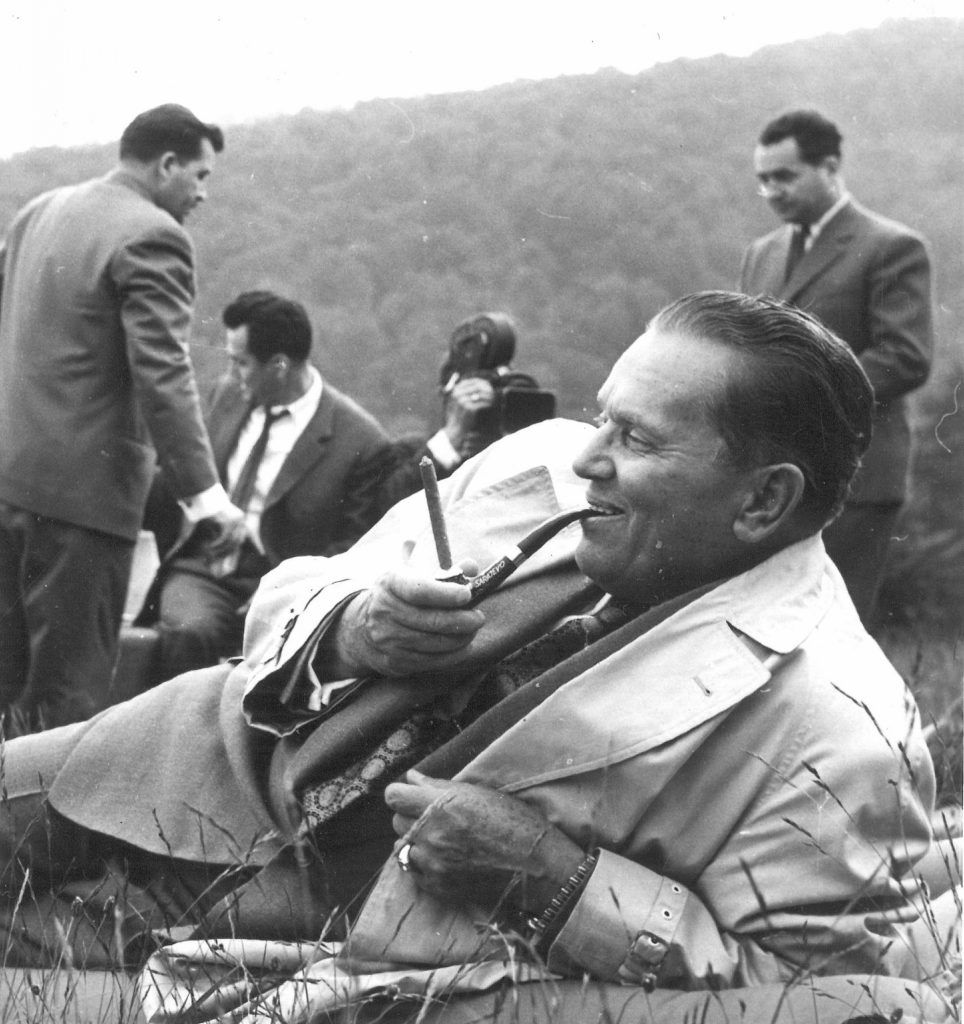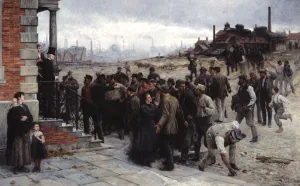Something unusual is happening in the American labor market right now.
I’m not talking about the current shortage of workers, although that is indeed an unusual phenomenon (which Spectacles has written about here). I’m talking about strikes. A lot of strikes.
Factory workers at Kellogg went on strike earlier this month in response to stalled contract negotiations. Workers at John Deere are on strike, too, after record profits this year that didn’t translate into wage changes. Nurses in California at Kaiser Permanente are set to walk out over poor pandemic working conditions and stagnant wages. The International Association of Theatrical Stage Employees will go on strike Monday if an agreement is not reached with the Association of Motion Picture and Television Producers.
Why is all of this happening? For one, the pandemic certainly made the blue-collar/white-collar social and economic division brutally clear as some, at risk to their health, kept consumer goods available while others were able to transition to safer remote work.
But it’s not just the pandemic. Wages and benefits in the United States have stagnated, and economic inequality has continued to widen. The minimum wage, for example, has not been raised at the federal level in over a decade. As inflation has grown, Americans with little wealth and income have been left behind with significantly less purchasing power.
Given current price increases, which are a result of widespread shortages, including labor shortages, some might wonder whether it’s decent or right for workers to withhold their labor. It’s a fair question, but one that doesn’t fully take into account the brutal realities that American workers face.
It also misses the crucial role that unions play in the functioning of liberal democracy. In a way, unions reduce barriers to “vote.” When a citizen in a democracy votes, it’s supposed to be cheap and easy. Just the same, in a free market, consumers shouldn’t be subject to monopolies that make freedom of choice expensive or impossible.
If a worker doesn’t like her job, however, voting can carry the price of a livelihood. It’s not so easy to move from one job to another, especially if she lives paycheck to paycheck. Unions reduce this cost, using leverage with employers to bargain for improved conditions. Instead of costing a livelihood, changes can cost a strike.
Second, unions balance out the entrenched monied interests that have proven corrosive to the functioning of democracy. It’s not controversial to point out that we have a broken system of campaign finance and a “revolving door” of politicians and lobbyists, largely because it’s easier for small and well-funded private groups to influence politics. Unions can level the playing field by lobbying elected officials to consider not just the wealthy but the working class too.
Finally, unions extend the spirit of democracy beyond the ballot box. In the 19th century, French political thinker Alexis de Tocqueville visited America to study how our young democracy worked. He observed that “civic associations”—small, apolitical organizations that bring people together through hobbies or shared social goals—bolstered American democracy by helping to cultivate democratic habits at the individual level.
Unions are somewhat different in that they do have explicit political and economic goals, but they still serve a similar purpose. When members deliberate over questions of wages and benefits, or whether to strike, they are practicing democracy. This deeply-held public reverence for democratic process improves not just the workplace but our local communities and national elections.
Regardless of the outcome of current strikes, union membership remains on the decline in the United States. If it’s true, as argued above, that unions bolster democratic health, that’s not a good sign. As Spectacles noted in one of our earliest Bird’s Eye episodes, democracy requires more than just going to the ballot box once every two or four years. Democracy is a way of life, and spreading its spirit—to some extent—beyond the narrow confines of electoral politics might just be a crucial way of restoring its health.
P.S. Unfortunately, it’s not just union membership that’s on the decline. All kinds of “civic associations” are struggling in America. Don’t miss Sunday’s upcoming Focus from a guest writer on this very topic.
Subscribe to Spectacles




Comments
Join the conversation